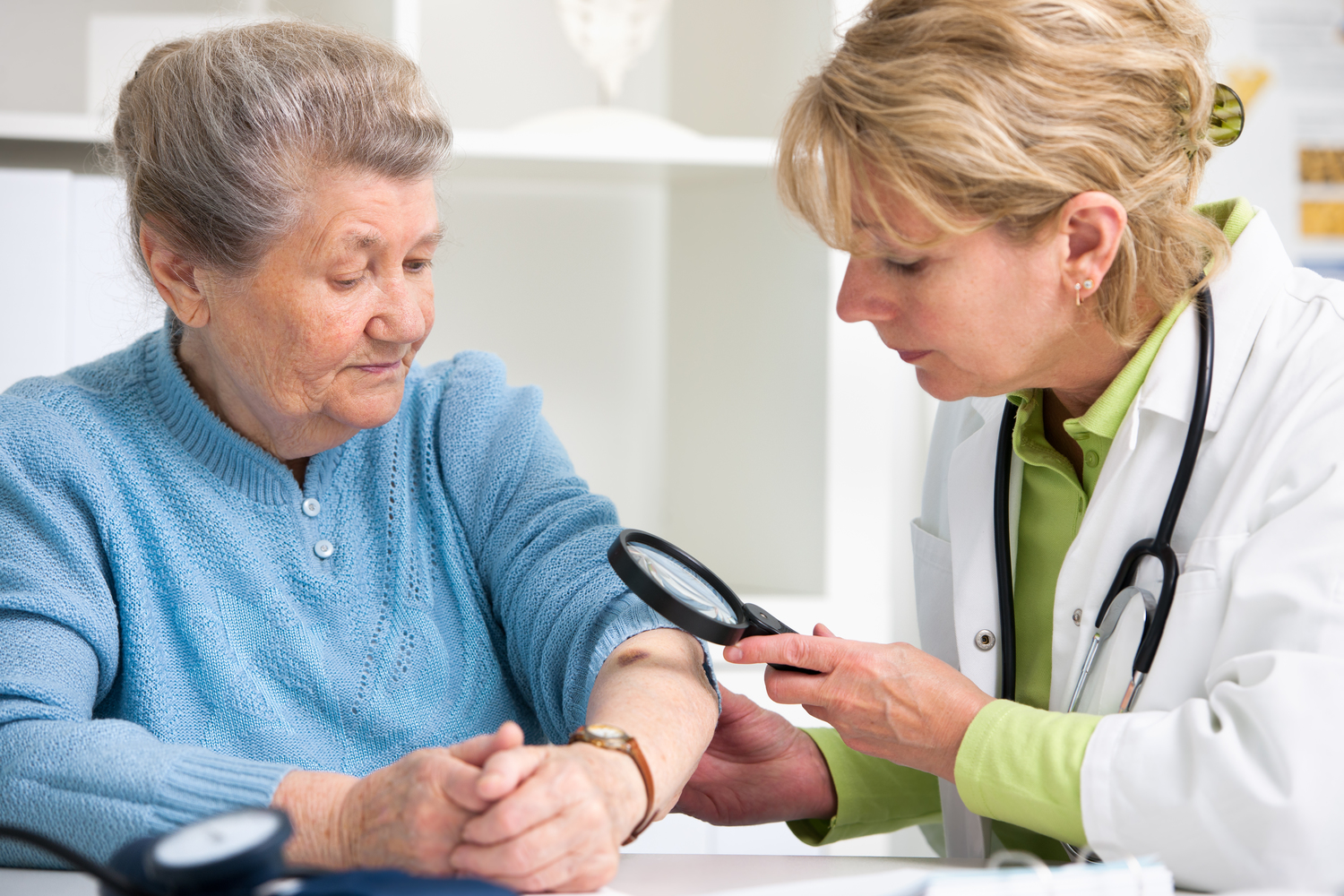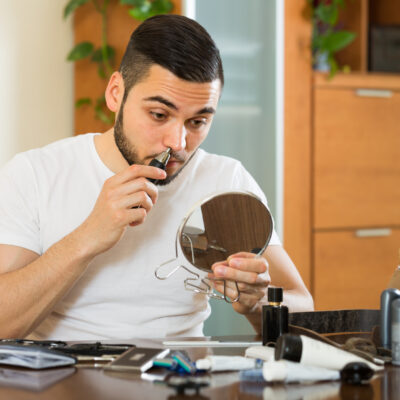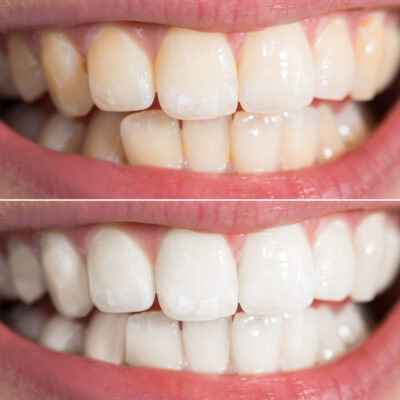
Melanoma: The Warning Signs and Preventive Measures
Melanoma is the most serious form of skin cancer. It occurs when pigment producing cells, melanocytes, begin to divide uncontrollably and mutate. As the disease spreads, it becomes more and more difficult to treat. The main risk factors include overexposure to the sun, having fair skin, and a family history of melanoma. Your chance of survival is dependent on receiving an early diagnosis and getting immediate treatment.
In order to either prevent melanoma or receive an early diagnosis, it helps to know the warning signs and ways to prevent this cancer:
1. Warning signs for the prevention of melanoma
- Keep a regular watch on your skin condition. Any abnormal or new growth of moles, change in the appearance of a mole, or any other growth needs to be examined by a skin specialist, as it might be an indicator of skin cancer or melanoma
- Swelling, redness, or pigmentation that spreads towards the surrounding skin
- Pain, tenderness, or unreasonable itching
- Partial loss of sight or blurred vision or dark spots on the iris of the eye
- Sores that do not heal
- Changes in the texture, oozing, scales, or bleeding from an existing mole
There is no definite way to prevent the development of melanoma. This is because certain factors, such as genes, age, and skin type, cannot be altered. However, certain preventive measures can certainly help avoid the condition.
2. Prevention of melanoma
- Avoid direct exposure to the sun, especially in the afternoon when the sun is the strongest. Avoid the sun between 10 am and 4 pm when its rays are the most intense.
- Protect yourself from sunburn. It is equally important to protect children from getting sunburnt, as it doubles their risk of developing melanoma in adult life.
- Do not use tanning beds and sunlamps. Moreover, avoid getting tanned naturally. Tanning increases the risk of melanoma by at least 75%, especially if you started using tanning beds before the age of 30 as highlighted in a recent study.
- Keep exposed body parts covered when you go out. For instance, wear long pants and long-sleeved tops and shirts.
- Make it a habit to wear sunscreen every day without fail. UV radiation from the sun is equally harsh on cloudy days and during the winter. Wear a sunscreen with at least 30SPF everyday to stay protected. Slather sunscreen after every three hours when outside.
- Apply at least 2 tablespoons of sunscreen on the body, especially 30 minutes before moving out. You will need to reapply it every two hours if you are swimming or sweating.
- Protect children from excessive exposure to the sun. Though some amount of sun exposure is helpful to the body, children spend more time outdoors and can get sunburns easily. Teach children about the dangers of UV radiation.
- A weak immune system increases the chances of developing melanoma. When the body is weak due to the contraction of the HIV by transfusion of infected blood, unprotected sex, or passed down from a mother to her child, it can lead to other conditions as well. If these risks can be avoided, the risk of developing cancer can also be limited.
- Visit a dermatologist for a skin examination once every year. It is the best way to prevent melanoma.


